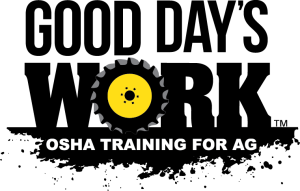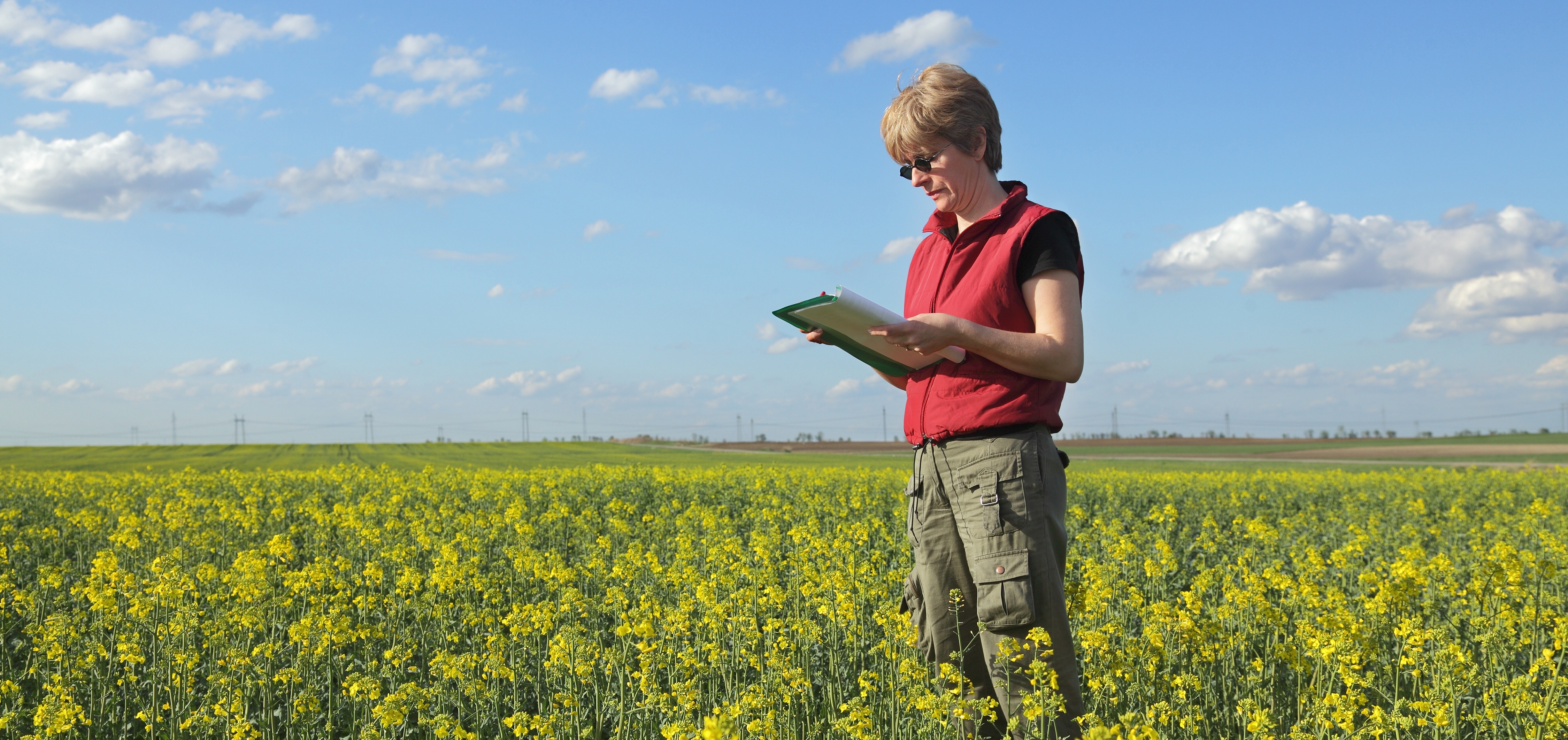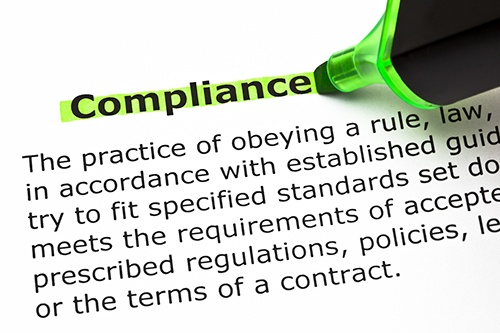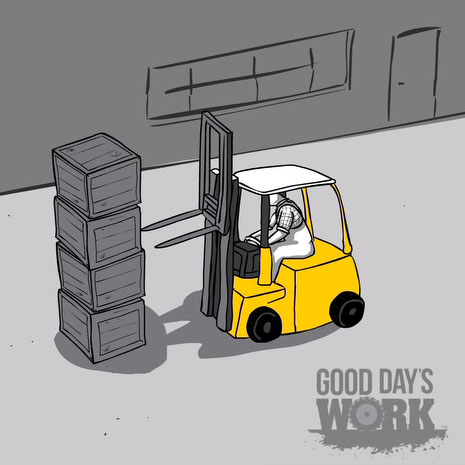If you’re running an agribusiness, you probably rely on a few key people for their expert opinion or advice, like your vet or crop specialist. Now that you’ve decided to ramp up the operation’s ag safety program, you might be looking to expand that list of trusted advisers to include a safety director or safety consultant.
Topics: safety director, OSHA law & compliance
No OSHA Regulation? General Duty Clause Says You Might Still Be Liable
What do driving ATVs, handling livestock pharmaceuticals and operating a dump trailer all have in common?
None of them has a formal OSHA safety standard.
With limited specific OSHA training regulations for agriculture, you might think that you have covered all your bases in your safety training and meeting OSHA's training requirements. On the contrary, staying current on all OSHA requirements is an ongoing project for you and your safety team.
Safety issues must become a top priority. That means creating a strategy that safeguards your employees’ and managers’ safety and fosters a solid expectation for everyone’s complete compliance with OSHA guidelines. These goals will help establish the foundation of a safety culture that, in turn, could lead to higher productivity and profits for your operation.
Topics: OSHA law & compliance, agriculture
I caught up with a friend last week who owned a large dairy farm and now works for a farm co-op in his “retirement.” When I mentioned ag-safety programs and OSHA compliance, he quickly rolled his eyes and sarcastically said, “Ugh,” with a chuckle.
Topics: safety training program, OSHA law & compliance, agriculture, farm
Every farm needs an ag-safety program that complies with OSHA regulations, and your boss selected you to lead the project. You are definitely up for this new challenge. Although you know how important safety and health are to the longevity and success of the farm, you see just one, small problem—you don’t have time to become an OSHA expert.
Topics: safety training program, OSHA law & compliance, agriculture
Depending on the size of your operation, chances are good that you need to move heavy loads around. Whether they be skids of seeds, tanks, or other common farm equipment, it is probably a powered industrial truck (PIT) – commonly called a forklift – that you’re going to use for the job. It may also be a skid steer, payloader or telehandler. And just like any other heavy farm equipment, operating a forklift comes with its own hazards and concerns.
Topics: powered industrial trucks, safety training program, OSHA law & compliance
Vendors, processors, retailers, lenders and other allied industry in agriculture are requiring more and more audits of our production practices. One request that is becoming more common is verification that growers and producers of commodities are providing Safety Training to their employees. Though this is somewhat new to agriculture, these requests are accelerating. It isn’t just OSHA that is interested in validating your training practices. These entities see it as another area that they can assure their customers that the food they eat is produced in a sustainable, environmentally-friendly and employee-friendly manner.
Topics: safety training program, OSHA law & compliance, agriculture
If you have a dairy operation in Wisconsin or upstate New York, or a pork production facility in Minnesota, or a feedlot in the plains states, you know that OSHA has been looking at you with greater intensity. Sources close to the agency tell us that OSHA has focused on the chemical industry, manufacturing and construction over the last 30 years and feel that they now have those industries well-established with clear protocols and robust monitoring. With Agriculture being the last high-risk industry that they haven’t targeted for significant improvements, it’s only logical that they would go here next.
Many things can happen in an ag business to make it a really bad day, and one of the worst might be a day that OSHA decided to stop by for an unannounced audit. For some businesses that have regular inspections it may not be a major event, but for most operations it could be an expensive review.
Topics: OSHA law & compliance, OSHA inspections & violations
With so few official OSHA training regulations for agriculture, you might think that you have covered all your bases in your farm-safety training and meeting OSHA's training requirements. On the contrary, staying current on all OSHA requirements is an ongoing project for you and your safety team.
Safety issues must become a top priority. That means creating a strategy that safeguards your employees’ and managers’ safety and fosters a solid expectation for everyone’s complete compliance with OSHA guidelines. These goals will help establish the foundation of a safety culture that, in turn, could lead to higher productivity and profits for your farm.
Topics: OSHA law & compliance, agriculture











